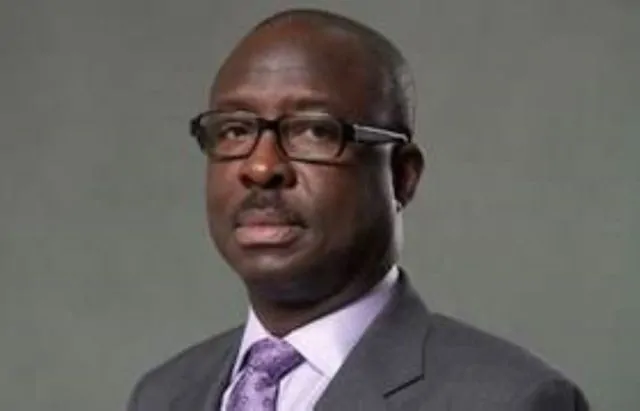The Minister of Industry, Trade and Investment, Chief Niyi Adebayo, said on Friday that the Federal Government would seek to localise at least 40 per cent of its expenditure on stipulated goods and services to facilitate local markets access for Nigerian made products.
Adebayo spoke at the Udo Udoma & Belo-Osagie second private equity summit in Lagos, with the theme: “Drivers, Disruptors and Unlocking Value.”
The Minister, who delivered a keynote on: “Fostering an enabling environment for investment in Nigeria,” said government had realised that building production capacity alongside strategic partners with strong track record in some priority sectors was critical to success.
He said: “Through the Nigerian Investment Promotion Commission, bilateral investment agreements are being modernised with a greater sense of purpose.
“Much of our most recent agreements target countries that align with our ambition of building local production capacity.”
According to him, government will seek a comprehensive approach in mobilising capital, incentivising priority sectors and expanding market access for local producers.
Adebayo said government would further enhance the ease of doing business and support the growth of MSMEs.
He said the ministry had begun implementing a number of key initiatives, including the reactivation of the six special economic zones and the special agro-industrial processing zones project.
He said: “In supporting the growth of MSMEs, we are easing access to capital, deploying shared facilities across the country and facilitating the delivery of tax and regulatory incentives for MSMEs.
“Our priority sectors cut across agriculture, construction and the automotive industry.”
Adebayo said Nigeria would remain critical to the global economic market as the country prepared for the inevitable rise of the world’s third most populous country.
He said: “This also presents a compelling case for global investors when viewed against the backdrop of the country’s capacity for growth.
“Achieving a GDP per capita rate comparable to South Africa would catapult Nigeria’s GDP to over one trillion dollars.
“The dwindling prospects of oil and our growing population leaves us with no choice but to develop a Nigeria that is investor-friendly, export-oriented, high producing and high growth.”
He said government’s primary objective in the present decade was economic diversification and job creation.
He said: “Diversification of our economy, or more precisely government revenues, must accommodate both short and long-term efforts because we no longer have the luxury of time; considering the realities of our growing population and the dwindling prospects of crude oil.”
Senator Udoma Udo Udoma, Founder of UUBO, stressed the need for private sector participation in the development of the country’s economy.
Udoma said government must engage the private sector to ensure economic expansion, noting that it could not do it alone.
He said government needed to create an enabling environment that encouraged growth of private equity in Nigeria.
Trending
- I now know why Gov. Uba has been praising Tinubu — El-Rufai
- Surviving abroad marriage: My observations, by Tunde Asaju
- Why I dumped PDP – Nwoko; We won’t miss him — Commissioner
- Anambra: Three siblings killed, bodies dumped in deep freezer
- Telecom Tariff Hike: NLC suspends planned nationwide protest
- Mohbad: Naira Marley leaks private chat with Iyabo Ojo
- From Trump to Grammy blues, by Reuben Abati
- Ondo nurses suspend four-day-old indefinite strike


